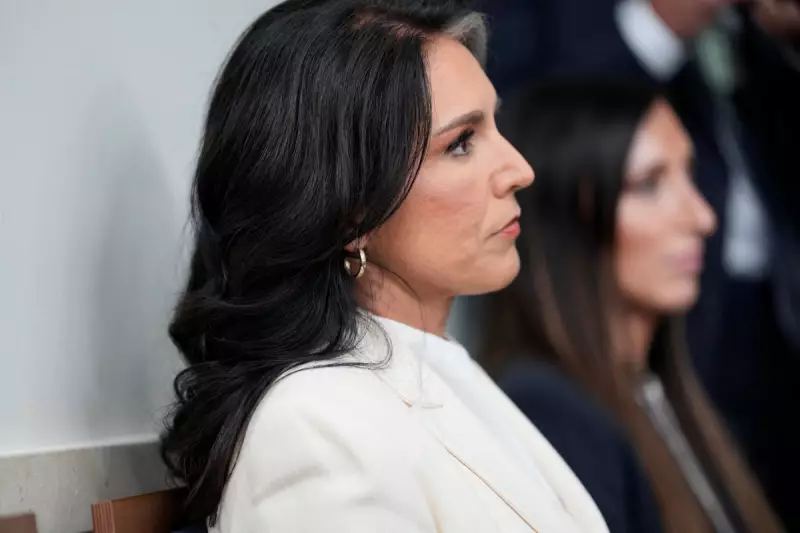
Former Democratic presidential candidate Tulsi Gabbard has stirred controversy with explosive claims linking both Barack Obama and Donald Trump to the late financier and convicted sex offender Jeffrey Epstein.
Gabbard, a former Hawaii congresswoman, made the allegations during a recent interview, suggesting that both former presidents had questionable connections to Epstein. Her remarks have reignited debates about elite influence and accountability in US politics.
Gabbard’s Bold Allegations
Gabbard did not mince words, directly implicating Obama and Trump in her statements. "There are serious questions that need to be answered about their associations," she said, without providing concrete evidence.
Her comments come amid renewed scrutiny of Epstein’s network following the release of court documents earlier this year. While Epstein’s ties to high-profile figures have long been speculated, Gabbard’s direct accusations against two former presidents mark a significant escalation.
Political Fallout
The reaction to Gabbard’s claims has been mixed. Supporters argue she is shining a light on systemic corruption, while critics accuse her of spreading unverified conspiracy theories.
Trump, known for his combative responses, has yet to address the allegations directly. Meanwhile, representatives for Obama have dismissed the claims as baseless.
Why This Matters
Gabbard’s allegations tap into broader public distrust of political elites. With Epstein’s case symbolising impunity for the powerful, her statements could fuel further scrutiny of Washington’s inner circles.
As the 2024 election looms, such controversies may shape voter perceptions of establishment figures—potentially influencing the political landscape.






